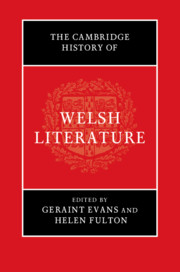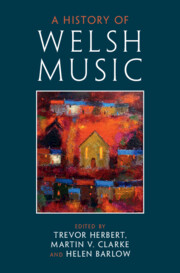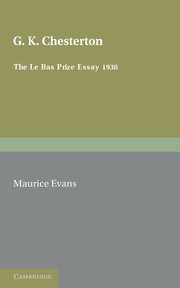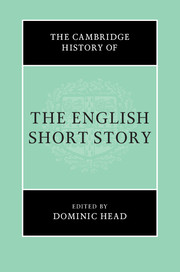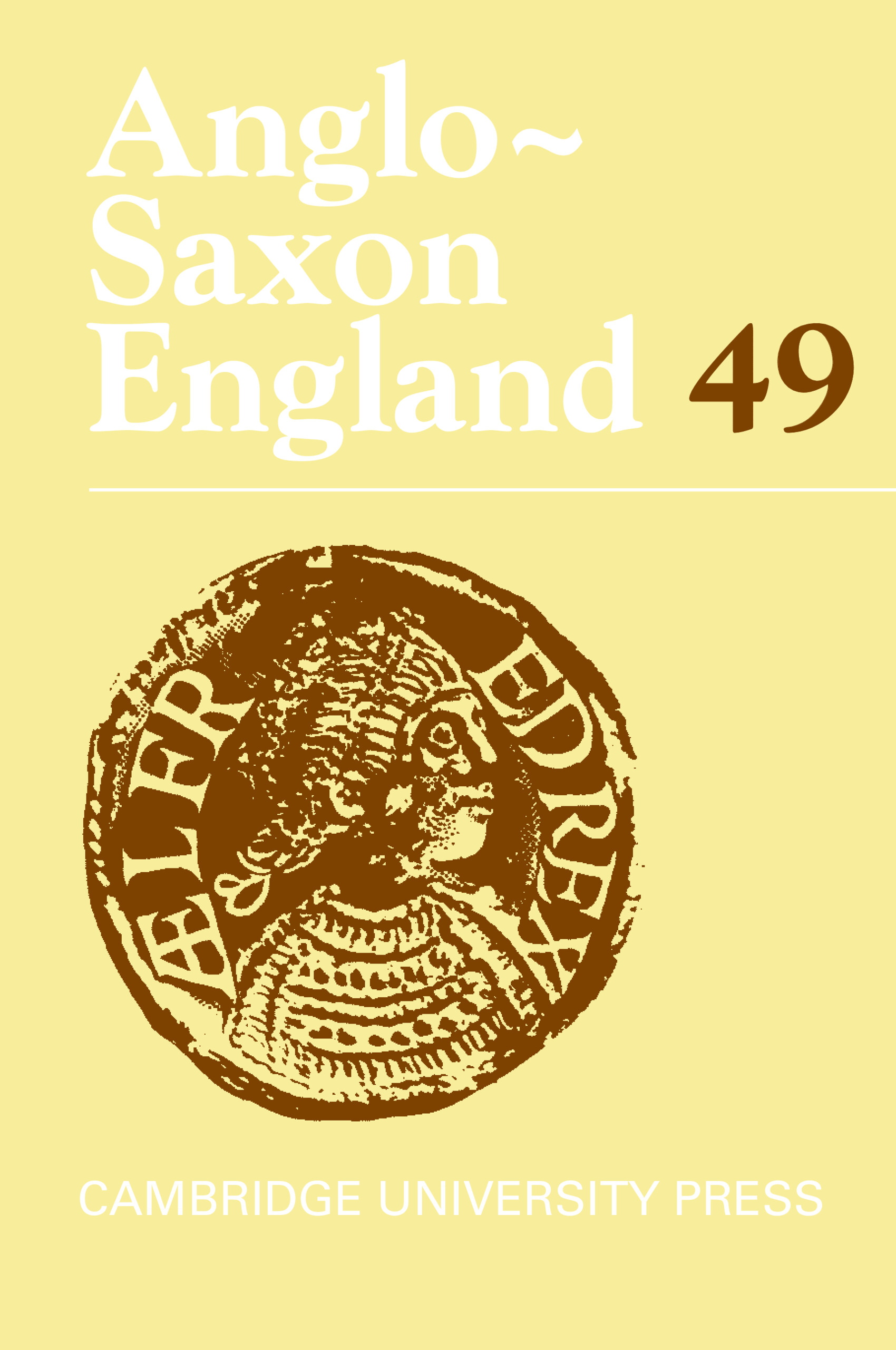The Cambridge History of Welsh Literature
The literature of Wales is one of the oldest continuous literary traditions in Europe. The earliest surviving poetry was forged in the battlefields of post-Roman Wales and the 'Old North' of Britain, and the Welsh-language poets of today still write within the same poetic tradition. In the early twentieth century, Welsh writers in English outnumbered writers in Welsh for the first time, generating new modes of writing and a crisis of national identity which began to resolve itself at the end of the twentieth century with the political devolution of Wales within the United Kingdom. By considering the two literatures side by side, this book argues that bilingualism is now a normative condition in Wales. Written by leading scholars, this book provides a comprehensive chronological guide to fifteen centuries of Welsh literature and Welsh writing in English against a backdrop of key historical and political events in Britain.
- Describes fifteen centuries of literary production in Wales against a background of resistance and collaboration in a post-colonial nation
- Provides a guide to major literary works and authors and the key historical events which shaped them
- Integrates the two literary traditions of Wales, Welsh and English, into a coherent national literature
- Provides a chronological history of literary landmarks in Wales
Reviews & endorsements
'As crammed with as many riches as a dragon’s cave. Objective, superbly researched, it is the best book ever published about my homeland.' Roger Lewis, Daily Telegraph
'This is a book to welcome warmly - the first comprehensive treatment for a general English-speaking readership of a still vital and diverse literary world.' Rowan Williams, New Statesman
'… [The] Cambridge History of Welsh Literature offers a reassuring sense of cultural continuity-of a once and future Wales perpetually being reconstructed and reinvented in the literary imagination.' José Lanters, Journal of British Studies
'An exceptional collection which, while spanning the entire vista of Welsh writing from the pre-medieval to the modern, remains lucid, readable and incisive.' Alex Diggins, Times Literary Supplement
‘… this is an attractive and well-produced book … it is a well-written and generally well-organised volume … The authors are leaders in their field, and the editors are to be congratulated on having skilfully brought together a complex and multifaceted subject area in a practical and valuable work, which sets a new standard for such treatment.’ Sara Elin Roberts, Forum for Medieval and Renaissance Studies in Ireland
‘… medieval literature is well served, the essays, citations, and bibliography offering a reliable and informative guide.’ Jenny Rowland, Cambrian Mediaeval Celtic Studies
Product details
April 2019Adobe eBook Reader
9781108651233
0 pages
8 maps
This ISBN is for an eBook version which is distributed on our behalf by a third party.
Table of Contents
- Introduction Geraint Evans and Helen Fulton
- Part I. Britain, Wales, England:
- 1. Britain, Wales, England, c. 600–1450 Euryn Rhys Roberts
- 2. Britons and Saxons: the earliest writing in Welsh Helen Fulton
- 3. Magic and marvels Mark Williams
- 4. Commemorating the past after 1066: tales from the Mabinogion Diana Luft
- 5. Court poetry and historiography before 1282 Catherine McKenna
- 6. The aftermath of 1282: Dafydd ap Gwilym and his contemporaries Dafydd Johnston
- 7. Literary networks and patrons in late medieval Wales Helen Fulton
- Part II. After the Acts of Union:
- 8. The Acts of Union: culture and religion in Wales, c. 1540–1700 Katharine K. Olson
- 9. Welsh humanism after 1536 Angharad Price
- 10. Drama and performance in medieval and early modern Wales David N. Klausner
- 11. Tudor London and the origins of Welsh writing in English Geraint Evans
- 12. Bibles and bards in Tudor and early Stuart Wales Gruffydd Aled Williams
- Part III. Revolution and Industry:
- 13. Revolution, culture, and industry, c. 1700–1850 Paul O'Leary
- 14. Antiquarianism and Englightenment in the eighteenth century Mary-Ann Constantine
- 15. Romantic Wales and the Eisteddfod Elizabeth Edwards
- 16. Popular poetry, methodism, and the ascendancy of the hymn E. Wyn James
- 17. Travel, translation, and temperance: the origins of the Welsh novel Katie Gramich
- Part IV. The Transition to Modernity:
- 18. The modern age, c. 1850–1945 Chris Williams
- 19. T. Gwynn Jones and the renaissance of Welsh poetry Robert Rhys
- 20. Industrial fiction Stephen Knight
- 21. From nonconformist nation to proletarian nation: writing Wales, 1885–1930 M. Wynn Thomas
- 22. The short story in the twentieth century Michelle Deininger
- 23. Welsh modernist writing in Wales and London Geraint Evans
- 24. The poetry revolution: Dylan Thomas and his circle William Christie
- Part V. The Path to Nationhood in the Late Twentieth Century:
- 25. Debating nationhood, c. 1945–2000 Seán Aeron Martin and Mari Elin Wiliam
- 26. The legacy of Saunders Lewis Tudur Hallam
- 27. R. S. Thomas, Emyr Humphreys, and the possibility of a bilingual culture Andrew Webb
- 28. Inventing Welsh writing in English Diana Wallace
- 29. Exile and diaspora: Welsh writing outside Wales Melinda Gray
- 30. Literary periodicals and the publishing industry Lisa Sheppard
- 31. 'Beyond the Fields We Know': Wales and fantasy literature Susan Aronstein
- 32. Theatre, film, and television in Wales in the twentieth century Jamie Medhurst
- Part VI. After Devolution:
- 33. The dragon finds a tongue: devolution and government in Wales since 1997 Kevin Williams
- 34. 'Amlhau Lleisiau'n Llên': birth and rebirth in Welsh-language literature, 1990–2014 Llŷr Gwyn Lewis
- 35. Writing the size of Wales Alice Entwistle
- Afterword Geraint Evans and Helen Fulton.

